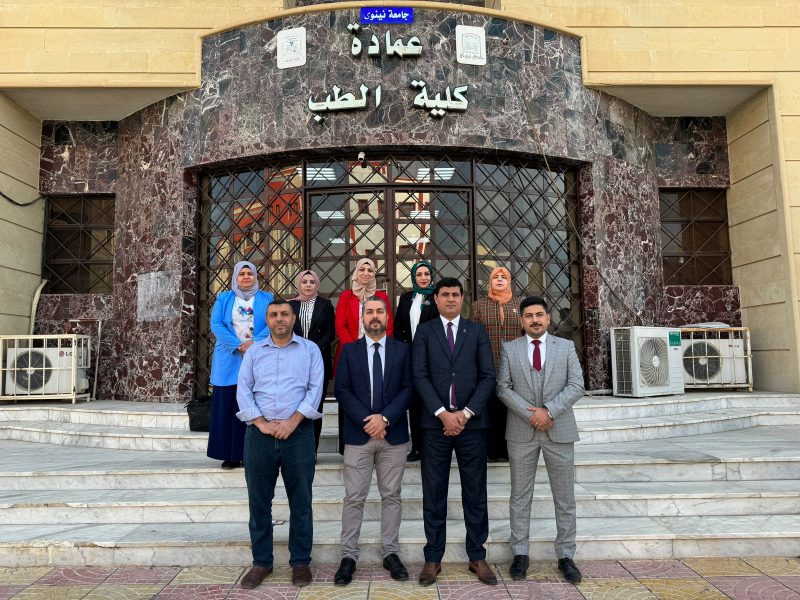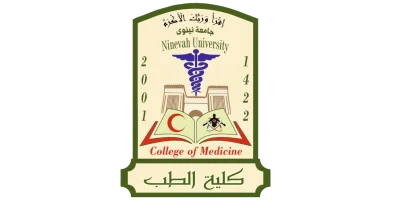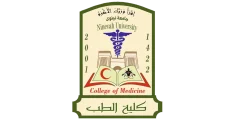Department of Microbiology
June 13, 2025 2025-09-12 18:23فرع الاحياء المجهرية
Focuses on studying pathogenic microorganisms, their diagnosis, and control methods.

Department of Microbiology
Vision:
To enable students to master microbiology and apply it to diagnosis and treatment.
Mission:
To enrich students with knowledge related to microbiology, equipping them with expertise and proficiency for their future careers, enabling them to provide medical services, raise health awareness, and offer the best available treatment methods for diseases caused by pathogenic microorganisms such as bacteria, parasites, fungi, and viruses.
Objectives:
1. Preparing doctors with knowledge and expertise in medical microbiology (bacteria, parasites, viruses) and immunology to enable them to diagnose related diseases through clinical signs.
2. Introducing students to laboratory methods and diagnostic tools related to microbiology.
3. Familiarizing students with methods to prevent infection from these pathogens and available control measures to limit their spread.
4. Explaining the epidemic diseases caused by these pathogens.
Learn More About the Department
The Bachelor of Medicine and Surgery program at Nineveh University, College of Medicine, aims to prepare competent doctors in microbiology and immunology. The program focuses on diagnosing microbial diseases, using modern laboratory techniques, preventing infectious diseases, and adhering to ethical standards.
Accurate Diagnosis
Learn how to diagnose diseases through clinical signs and examinations.
Prevention
Understand methods to prevent infectious diseases.
Professional Ethics
Instilling values of respect for patients and precision.
Program Objectives
Preparing doctors to diagnose microbial diseases using clinical signs and examinations.
Teaching modern and traditional laboratory diagnostic techniques.
Enhancing awareness of methods to prevent infectious diseases.
Providing students with knowledge of serious diseases such as AIDS and avian influenza.
Instilling ethical values such as respect for patients and precision in work.
Learning Outcomes
Knowledge
Understanding microbiology and immunology for accurate disease diagnosis.
Skills
Mastering laboratory diagnostic techniques and providing appropriate treatment.
Values
Respect for patients, honesty, and avoiding prioritizing material aspects.
Learn More About the Department
Curriculum Structure
Medical Microbiology (120 hours)
Covers bacteria, viruses, fungi, and immunity. Emphasis is placed on clinical diagnosis, laboratory techniques, and prevention.
Parasitology (90 hours)
It covers the classification of parasites, their life cycles, and the laboratory diagnosis of parasitic diseases.

